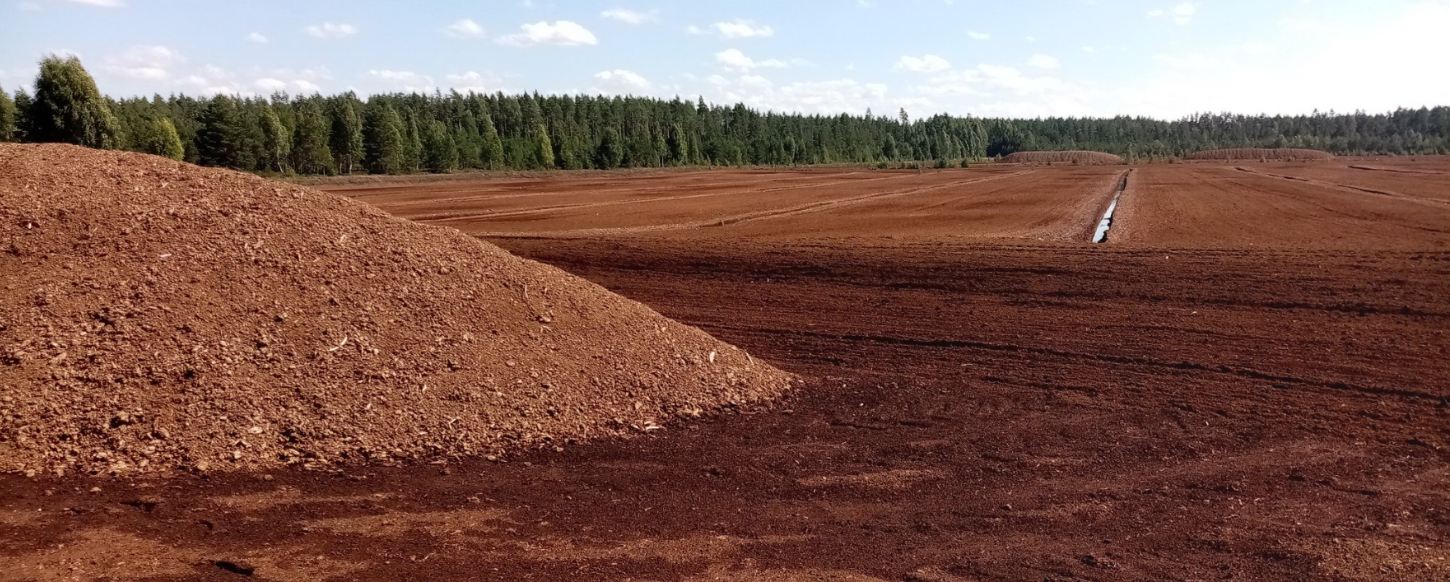Two postdoctoral positions are available on a new project co-led by Dr James Palmer (University of Bristol) and Dr Kärg Kama (University of Birmingham) exploring peatland restoration controversies.

The Carbon Futures in the Mire project draws on field research at four peat restoration sites — two in the UK and two in Estonia — to undertake the first social science investigation of the knowledge controversies entailed in ongoing efforts to remake European peatlands as carbon storage resources. The project is funded by the Leverhulme Trust.
Using a range of qualitative methods — including walking interviews, photovoice and deliberative workshops — the project team will engage closely with local communities and stakeholders to address three key research challenges:
- What are the implications of carbon-based imperatives of peat restoration for pre-existing uses and experiences of peatlands — including as a fuel source, fertile soil for agriculture, local commons, clean water reservoir, biodiversity haven and palaeoecological archive?
- How does expert scientific knowledge about peat restoration and carbon accounting circulate across diverse socio-ecological contexts, and how does this science inform novel strategies for extracting economic value from peat-scapes?
- How might scientists and restoration practitioners collaborate with local communities and stakeholders to co-produce place-specific visions of what healthy peat-scapes of the future should look like and how they should be managed?
The posts are based at Birmingham and Bristol, working on Estonian and UK case-studies respectively.
Both posts are 36-months and can be found on Jobs.ac.uk:
- Research Fellow in Peatland Restoration Controversies, University of Birmingham
- Research Associate in Peatland Restoration Controversies, University of Bristol
Informal inquiries should be directed to Dr James Palmer.
You can follow the project on twitter @peatscapes.
Parts of the text above were adapted from the Leverhulme Trust February 2023 newsletter.

